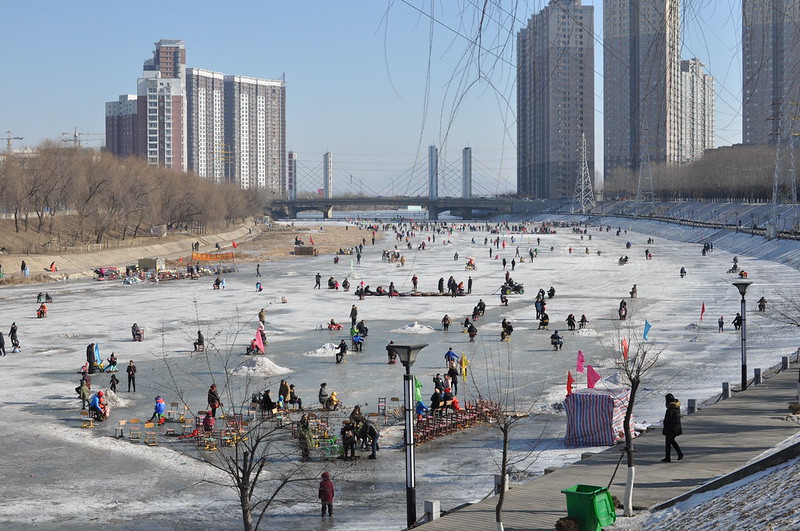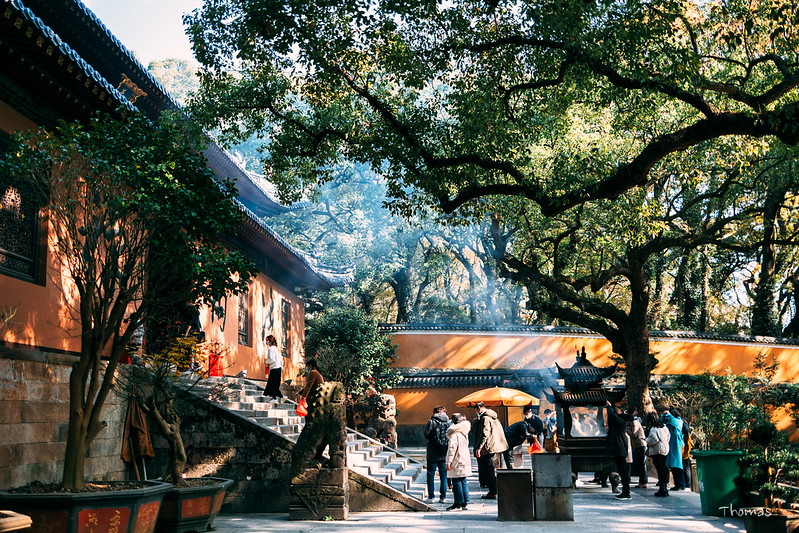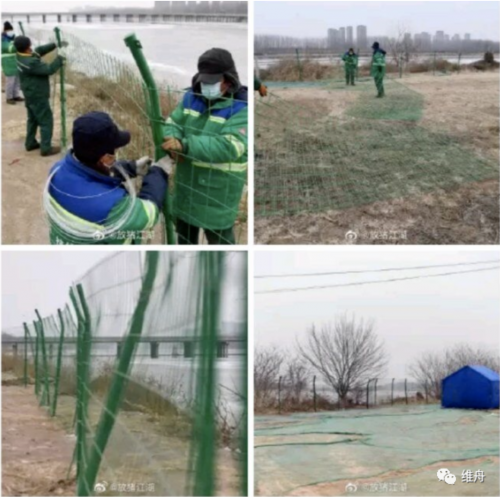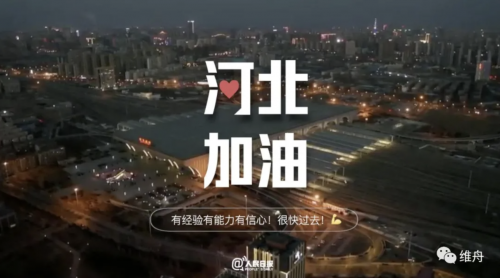Weibo users this week hurled ridicule at a call from the Chinese Ministry of Education’s to prevent the “feminization” of boys by encouraging schools to hire more male gym teachers. The Ministry of Education’s statement was a reflection of officialdoms’ increasing unease with increasing social acceptance of, and even ardor for, diverse gender expression. The official anxiety over a “masculinity crisis” can be seen in state media’s condemnation of a group of handsome male movie stars, known as “little fresh meat” by their millions of fans, who present themselves with little regard for traditionally gendered style guidelines. A 2018 Xinhua article warned that love for little fresh meats, if left unchecked, might lead to the destruction of Chinese society. At Sixth Tone, Du Xinyu and Chen Qi’an reported:
The ministry said it would recruit better gym class instructors and improve their teaching methods by introducing incentives such as free college education. The goal of this would be to cultivate masculinity in young men by balancing physical strength and mental health.
The response came after a delegate of the Chinese People’s Political Consultative Conference, a top political advisory body, had suggested that Chinese schoolboys are “weak, self-effacing, and timid,” and may be unduly influenced by so-called little fresh meats — handsome, well-groomed, delicate-featured celebrities in the vein of K-pop stars. The proposal also described the feminization of Chinese boys as “a threat to the development and survival of our nation.”
[…] Chinese authorities have long been preoccupied with a looming “masculinity crisis” and have proposed several solutions to this perceived problem, with some grassroots support. Last year, an article published by the state-run Xinhua News Agency ignited debate on whether hiring more male teachers would result in boys becoming more masculine. But with kindergarten, primary, and middle school teachers being disproportionately female, men already have an easier road to such jobs, getting offers even with lower qualifications than female applicants.
[…] Most recently, gym class has been touted as the silver bullet to ensure that boys grow into men. In September, the country’s top sports and education authorities announced that physical fitness would soon carry greater weight on the national high school entrance exam, while also suggesting that gym class should be considered as an addition to the national middle school core curriculum, alongside the usual academic subjects.
[…] Cui Le, a Ph.D. student at the University of Auckland’s Faculty of Education and Social Work, says the idea that male “femininity” should be corrected is rooted in sexism and discrimination. “This approach to education will only encourage stereotypical gender concepts and enable serious bullying based on sexual identity and gender expression,” he told Sixth Tone. [Source]
Chinese education authorities endorsing the idea that gym classes could fix the supposed feminization of young men prompted immediate public backlash.
“Lots of gay guys love the gym and have big muscles. You don’t see gyms changing their sexuality.”https://t.co/XZfhHuNwWx
— Sixth Tone (@SixthTone) January 29, 2021
China’s Ministry of Education issued a guideline to “enhance masculinity of male students” after a lawmaker suggested to “prevent teenagers’ feminization”
Best take is on Weibo: Why does ministry of education keeps trying to enhance masc? Ppl there can’t find enough tops? pic.twitter.com/1Hu6BMcSak
— Tony Lin (@tony_zy) January 29, 2021
Netizens found the statement insulting, trivializing, and absurd. CDT Chinese editors have collected a wide range of comments, several of which are translated below:
@Cosmic麻辣火龙果: I puked, is this a feudal society? You’re now in charge of how others dress, even their expression of gender identity? Being an honest person should be enough!
@南瓜大王Joyce: A thousand flowers in bloom is the natural state of our many universes. Human nature is similarly diverse. Promoting honesty, bravery, and sincerity is okay, but so-called masculinity and femininity are stereotypes. Are female soldiers masculine? Are dan [a female role in Peking Operas traditionally played by men] feminine? Is there something wrong with that?
@夕字如今: Truly impressive to publicly discriminate against so many groups at once.
@西去的枪侠 : Masculine as a fart! The masculinity of those self-proclaimed “manly men” means: scorn or abuse women at home, discriminate against them in society, curse them online, and gang up on female classmates and smaller boys in the schoolyard. The faster this “masculinity” ends the better!
@YouzijiangMia: This phrase, “preventing the ‘feminization’ of young men,” takes femininity to be some kind of negative word. [Chinese]
In a 2018 post at the Language Log, Victor Mair examined bilingual Chinese/English used in China to describe those who mix men’s and women’s clothing:
Don Clarke has called to my attention a new bilingual, digraphic expression: “娘man结合”. That’s “niáng man jiéhé (‘woman man [the English word] combination’)”.
It’s a women’s fashion style that combines femininity in one part of the outfit with manliness in the other — like wearing a colored print dress with an army jacket. Supposedly, “man” is read in the first tone.
[…] The reason “niáng man jiéhé 娘man结合” (“woman man combination”) and “niáng pào 娘炮” (“m/sissy bang”) have become intertwined in public discussion is because they both include the problematic term “niáng 娘” (“mother; woman; mum; ma; a woman; young girl / woman; young lady; a form of address for an elderly married woman; effeminate [coll.]”), while the former signifies a boyish / manly fashion adopted by young women whereas the latter suggests a girlish / feminine style embraced by young men. [Source]
source https://chinadigitaltimes.net/2021/01/weibo-users-denounce-plan-to-stop-feminization-with-more-gym-class/



